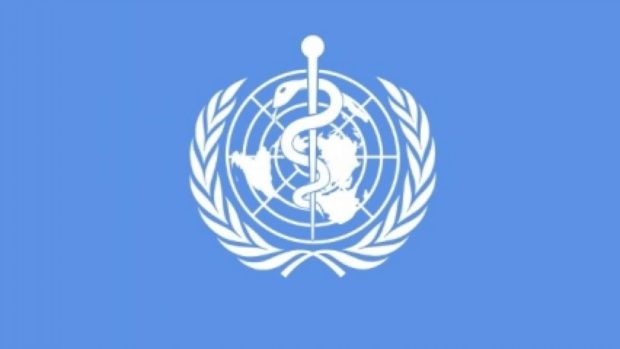
WHO names COVID-19 variants first found in India as ‘Kappa’ and ‘Delta’
PTI, Jun 1, 2021, 8:00 AM IST

The B.1.617.1 and B.1.617.2 variants of the COVID-19, first identified in India, has been named as ‘Kappa’ and ‘Delta’ respectively, the World Health Organisation (WHO) announced on Monday as it named various variants of the coronavirus using Greek alphabets.
”Today, @WHO announces new, easy-to-say labels for #SARSCoV2 Variants of Concern (VOCs) & Interest (VOIs). They will not replace existing scientific names, but are aimed to help in public discussion of VOI/VOC,” Dr Maria Van Kerkhove, WHO’s technical Covid-19 lead, tweeted on Monday.
The UN health agency named the B.1.617.1 variant of the COVID 19 as ‘Kappa’ while the B1.617.2 variant was dubbed ‘Delta.’ Both the variants were first found in India.
The WHO’s move came nearly three weeks after India objected to the B.1.617 mutant of the novel coronavirus being termed an ”Indian Variant” in media reports with the Union Health Ministry pointing out that the UN’s top health organ has not used the word ”Indian” for this strain in its document.
On May 12, the ministry dismissed as ”without any basis and unfounded” media reports that have used the term ”Indian variant” for the B.1.617 mutant strain, which the WHO recently said was a ”variant of global concern”.
”Several media reports have covered the news of the World Health Organisation (WHO) classifying B.1.617 as a variant of global concern. Some of these reports have termed the B.1.617 variant of the coronavirus as an ‘Indian Variant’,” the ministry said in a statement in New Delhi.
”These media reports are without any basis, and unfounded,” it said.
In a statement, the UN health agency said on Monday that an expert group convened by WHO has recommended labeling using letters of the Greek Alphabet, i.e., Alpha, Beta, Gamma, which will be easier and more practical to discuss by non-scientific audiences.
”The established nomenclature systems for naming and tracking SARS-CoV-2 genetic lineages by GISAID, Nextstrain and Pango are currently and will remain in use by scientists and in scientific research,” it added.
It said the WHO and its international networks of experts are monitoring changes to the virus.
”If significant mutations are identified, we can inform countries and the public about any changes needed to react to the variant, and prevent its spread,” it added.
Globally, systems have been established and are being strengthened to detect “signals” of potential variants of concern (VOC) and interest (VOI) and assess these based on the risk posed to global public health. National authorities may choose to designate other variants of local interest/concern, it added.
Udayavani is now on Telegram. Click here to join our channel and stay updated with the latest news.
Top News

Related Articles More

Intruder killed along India-Pakistan border in Rajasthan

Kazakhstan says 42 people likely dead in Azerbaijan Airlines’ plane crash

Killed in Russia-Ukraine war six months ago, UP man’s body brought back home

‘We should try again’: Punjab Assembly Speaker on Vajpayee’s failed India-Pak peace initiative

Delhi Police crackdown on illegal immigration of Bangladeshi citizens, 11 arrested
MUST WATCH
Latest Additions

National Emblem installed atop new DC Office in Padil

Congress Working Committee to discuss political developments in the country: K C Venugopal

College student dies after attempting suicide over denial of mobile in Shivamogga

Middle-aged couple in Andhra dies by suicide over son’s decision to marry transgender

India vs Australia 4th Test: Day 1 Stumps Scoreboard
Thanks for visiting Udayavani
You seem to have an Ad Blocker on.
To continue reading, please turn it off or whitelist Udayavani.





















